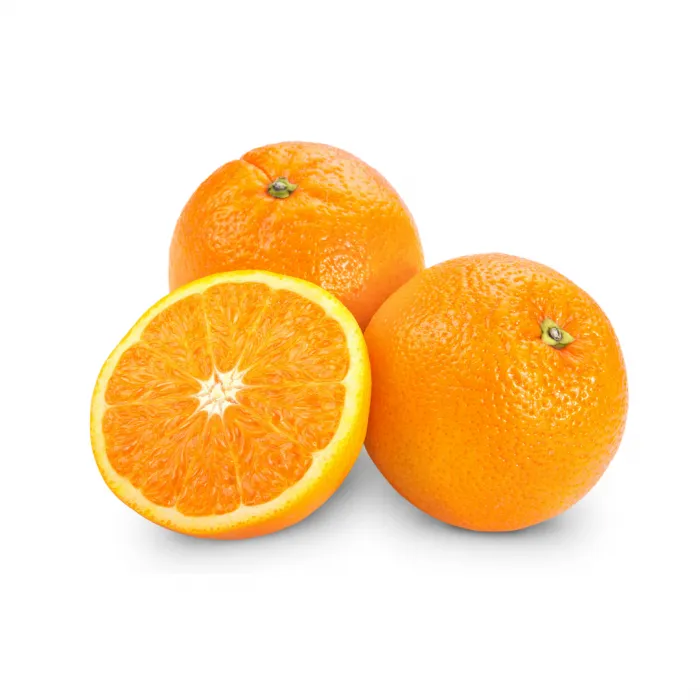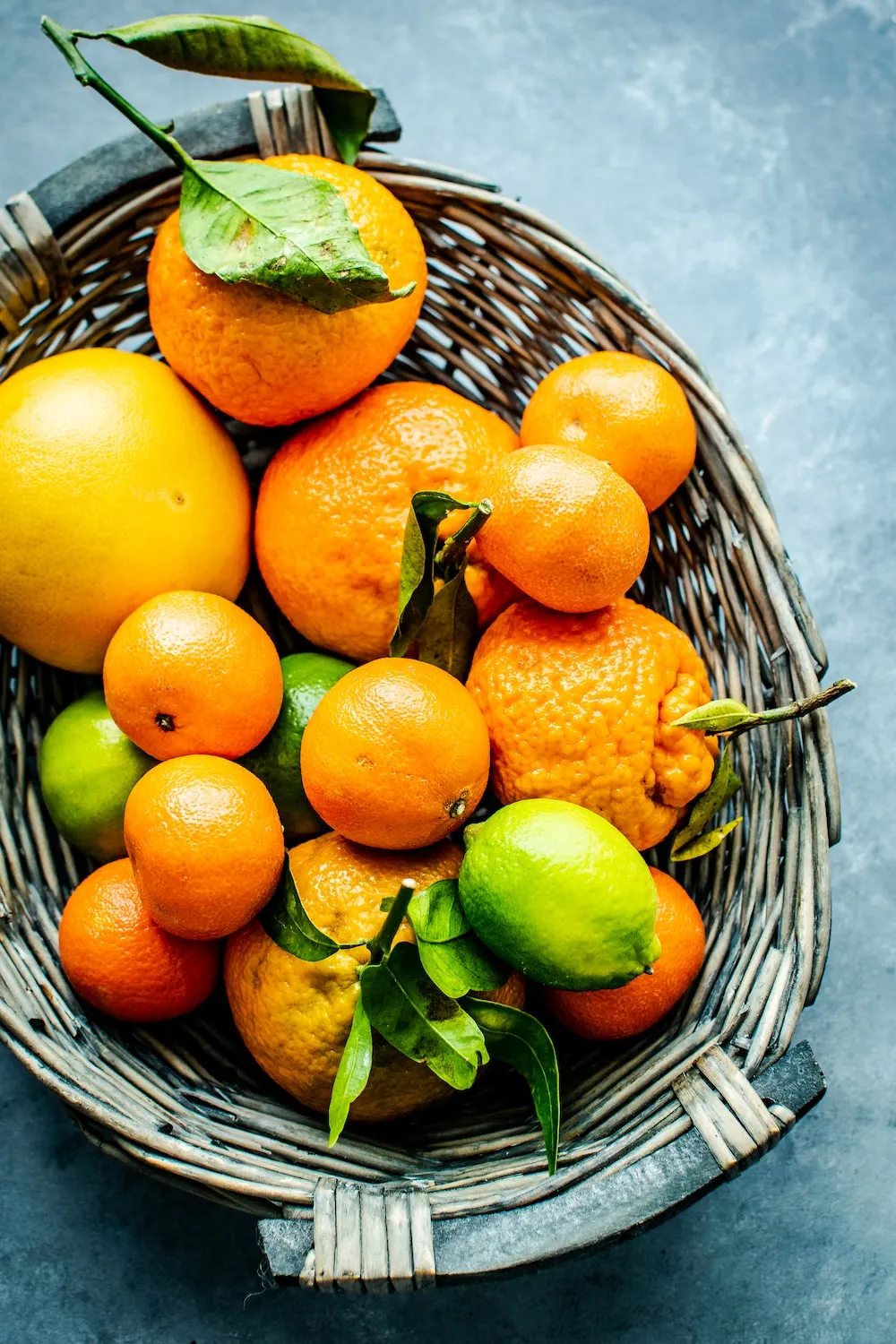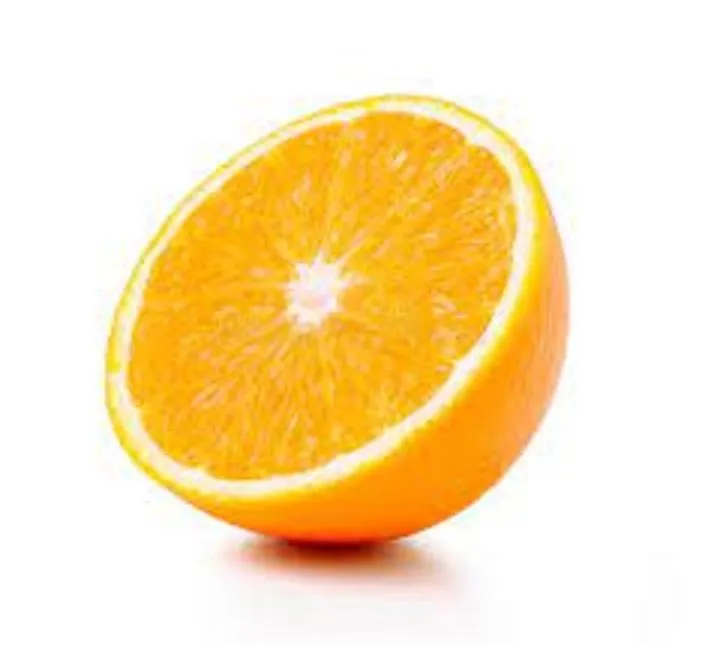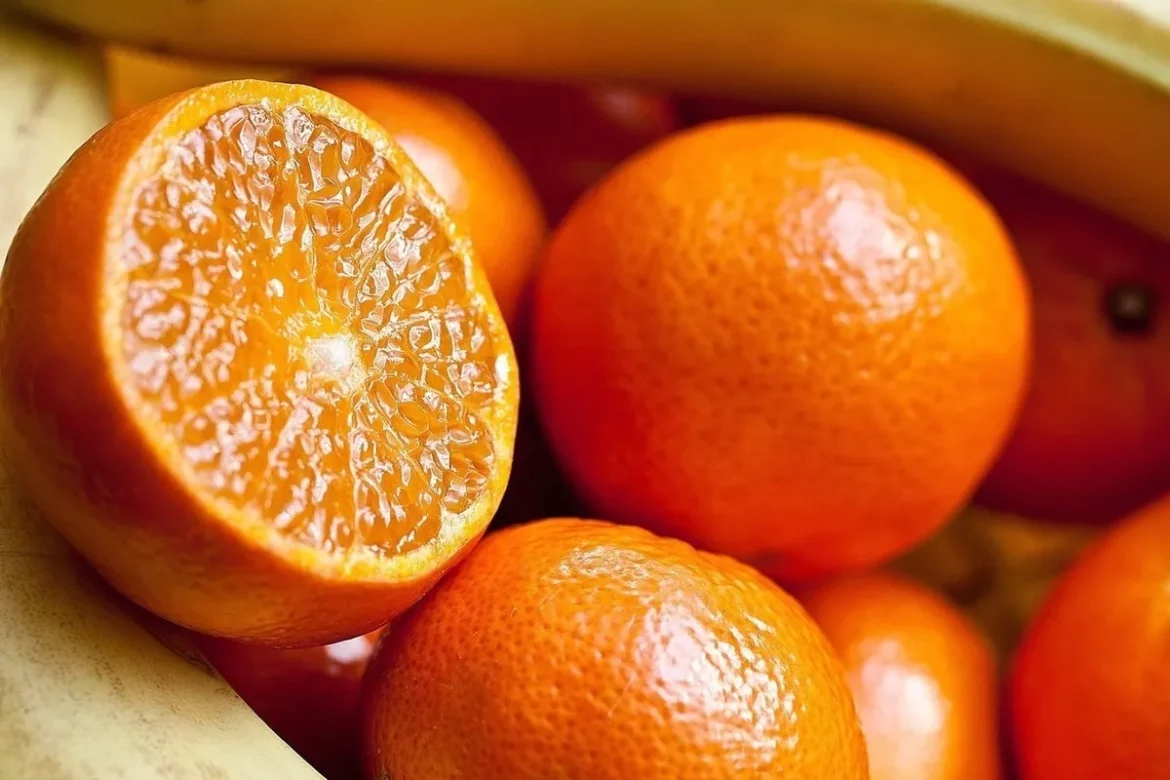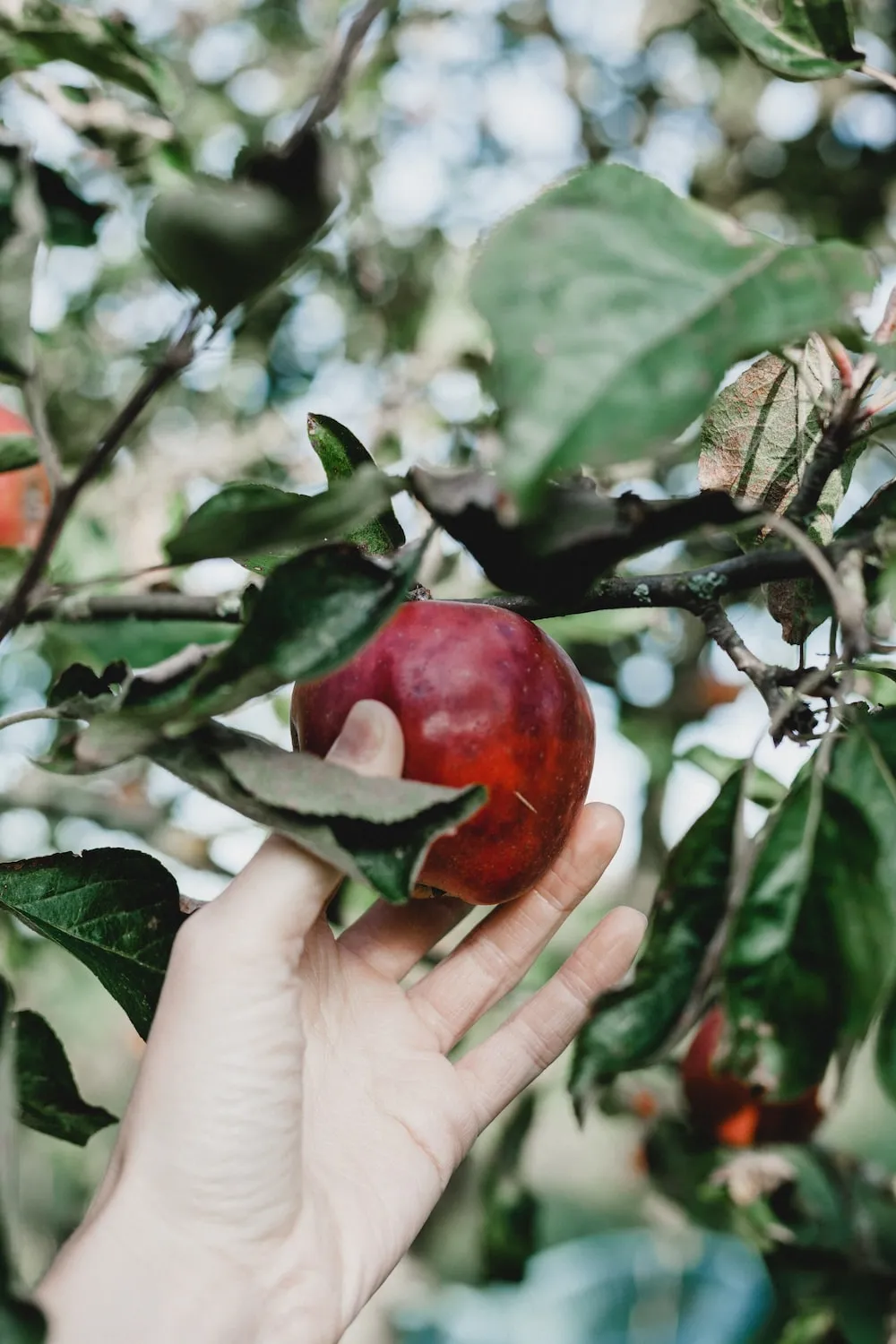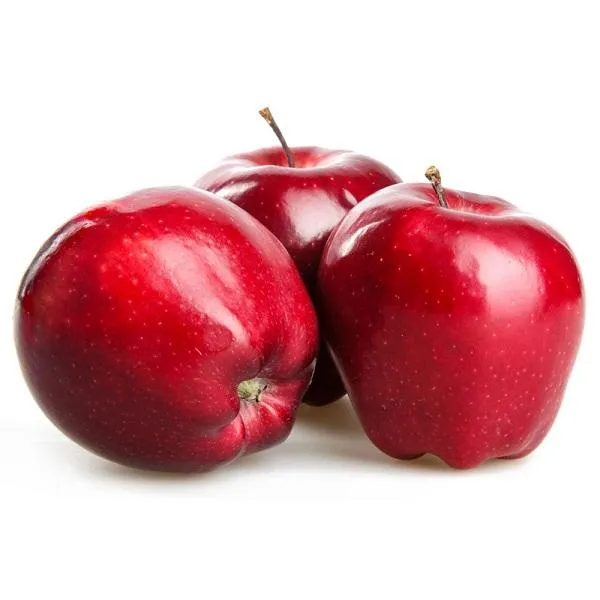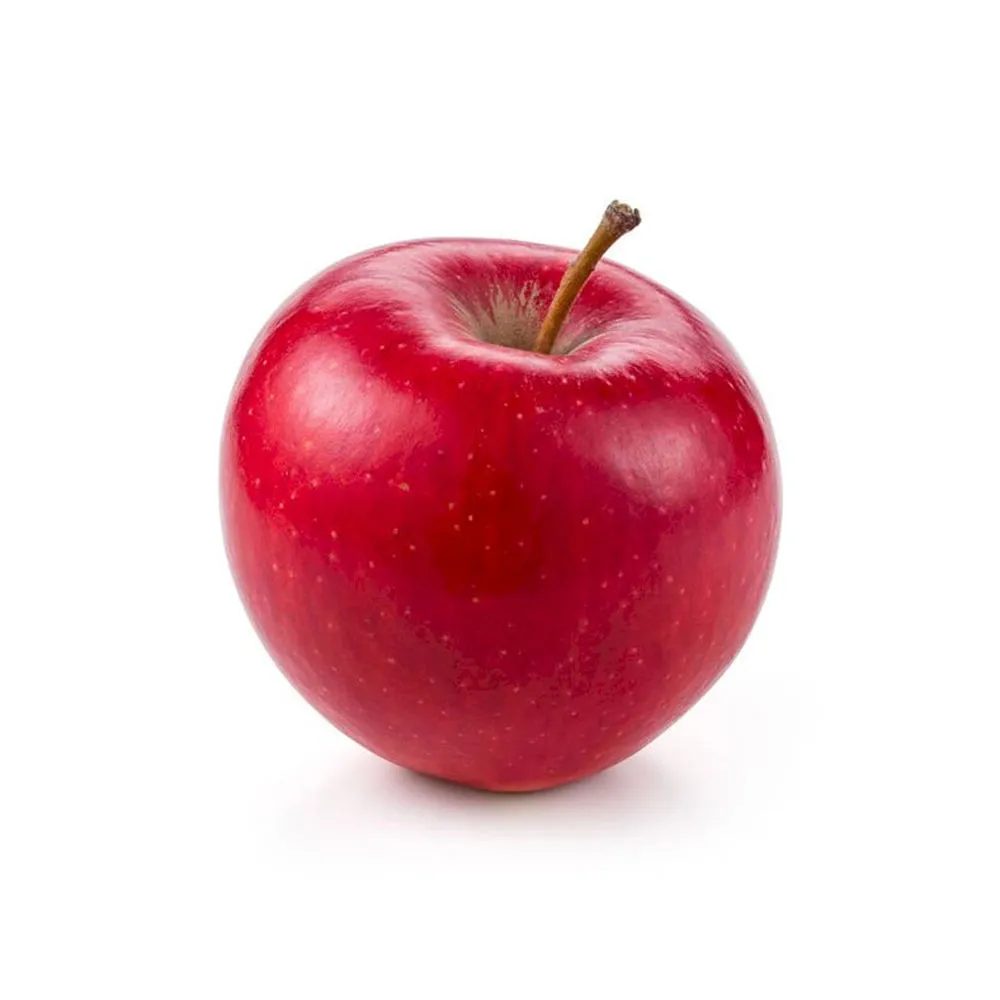Kiwi fruit, also known as Chinese gooseberry, has gained popularity in recent years for its numerous health benefits and unique flavor. With its vibrant green flesh and a sweet tangy taste, kiwi fruit is not only a delicious treat but also a powerhouse of nutrients. In this article, we will discuss the highest quality of kiwi fruit consumption, its advantages, and potential disadvantages.
The Highest Quality of Kiwi Fruit Consumption
To reap the maximum benefits of kiwi fruit consumption, it is crucial to select the highest quality fruits. Look for fruits that are firm yet slightly yielding to touch, indicating ripeness. Kiwi fruits should also have unblemished skin and bright green flesh. Avoid fruits that are too soft, bruised, or have dull coloring, as these may indicate over-ripeness.
Advantages of Kiwi Fruit Consumption
1. Rich in Nutrients and Vitamins
Kiwi fruit is a nutrient-dense fruit that provides a wide array of essential vitamins and minerals. A single kiwi fruit contains more than twice the recommended daily intake of vitamin C, making it one of the best natural sources of this immune-boosting antioxidant. Additionally, it is an excellent source of vitamin K, vitamin E, potassium, and fiber.
2. Digestive Health
Kiwi fruit is known for its high fiber content, which aids digestion and helps prevent constipation. The presence of enzymes like actinidin in kiwi fruit helps break down proteins, making it easier for the body to absorb nutrients. Regular consumption of kiwi fruit has been associated with improved digestion and a healthy gut.
3. Boosts Immune System
With its exceptional vitamin C content, kiwi fruit plays a vital role in supporting the immune system. Vitamin C enhances the production of white blood cells, which are essential for fighting off infection and disease. Including kiwi fruit in your diet can help strengthen your immune system and reduce the duration and severity of colds and other common illnesses.
4. Heart Health
Studies suggest that the consumption of kiwi fruit may have a positive impact on heart health. The high levels of potassium in kiwi fruit help regulate blood pressure and reduce the risk of strokes and heart disease. Additionally, the antioxidants present in kiwi fruit, such as vitamin C and E, may help protect the heart from damage caused by oxidative stress.
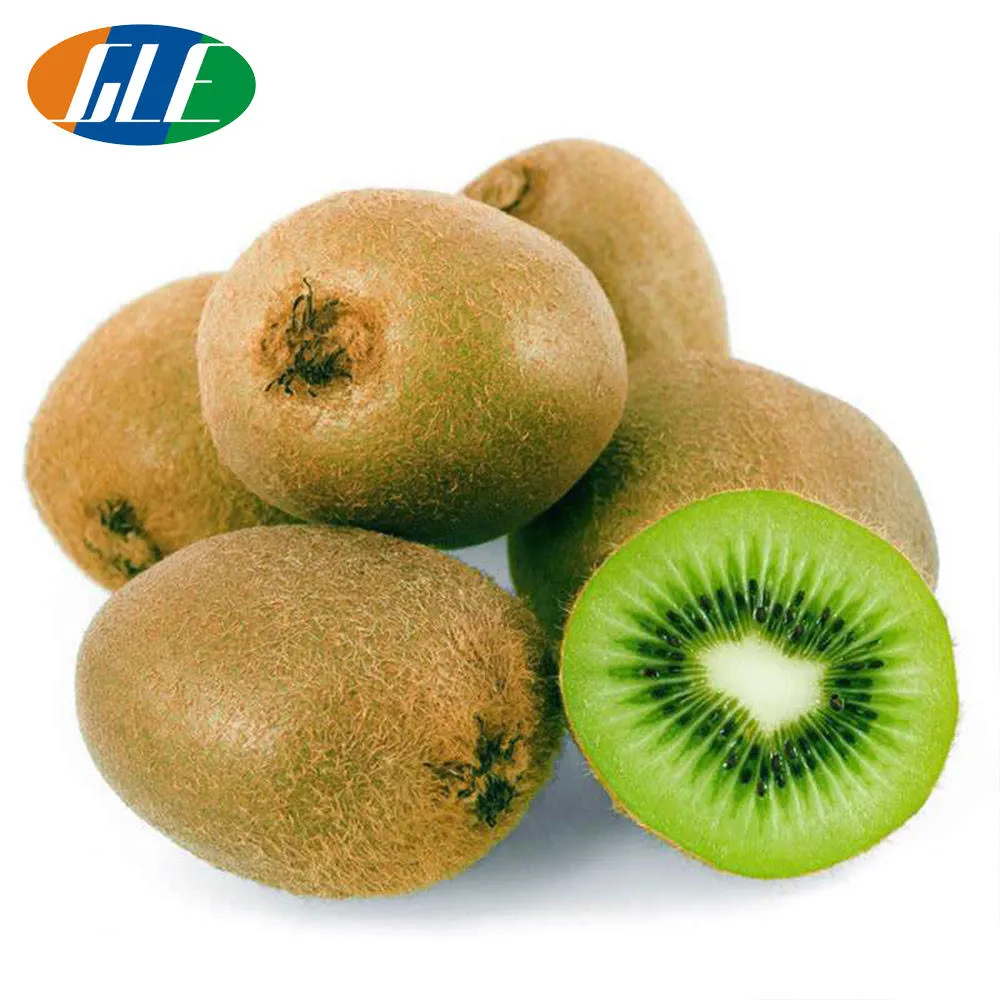
Disadvantages of Kiwi Fruit Consumption
While kiwi fruit consumption offers numerous advantages, there are a few potential downsides to be mindful of:
1. Allergy Risk
Some individuals may be allergic to kiwi fruit, experiencing symptoms such as itching, swelling, and digestive discomfort. If you have known allergies to other fruits or a history of oral allergy syndrome, it is advisable to consult a healthcare professional before including kiwi fruit in your diet.
2. Oxalate Content
Kiwi fruit contains oxalates, natural substances found in certain foods that can contribute to kidney stone formation. However, the oxalate content in kiwi fruit is relatively low and is unlikely to cause significant problems unless consumed in excessive amounts. If you have a history of kidney stones or are on a specific diet, it is best to moderate your intake of kiwi fruit and consult with a healthcare provider.
Kiwi fruit consumption offers a range of health benefits that make it a valuable addition to a balanced diet. From its rich nutrient profile to its potential immune-boosting and heart-protective properties, kiwi fruit packs a powerful punch. However, like any other food, it is important to consume kiwi fruit in moderation and be aware of any potential allergies or health concerns. By including kiwi fruit in your diet, you can enjoy its unique taste while reaping the rewards of improved digestive health, enhanced immunity, and a healthy heart.
Remember, before making any significant changes to your diet, it is always advisable to consult with a healthcare professional for personalized advice and guidance.Additional Information on Kiwi Fruit Consumption
In addition to the advantages and potential disadvantages of kiwi fruit consumption, there are a few more noteworthy aspects to consider:
1. Weight Management:
Kiwi fruit is a low-calorie and nutrient-rich fruit, making it an excellent choice for those looking to manage their weight. Its high fiber content provides a satisfying feeling of fullness, reducing the likelihood of overeating. Furthermore, the natural sugars in kiwi fruit are relatively low compared to other fruits, making it a suitable option for individuals monitoring their sugar intake.
2. Eye Health:
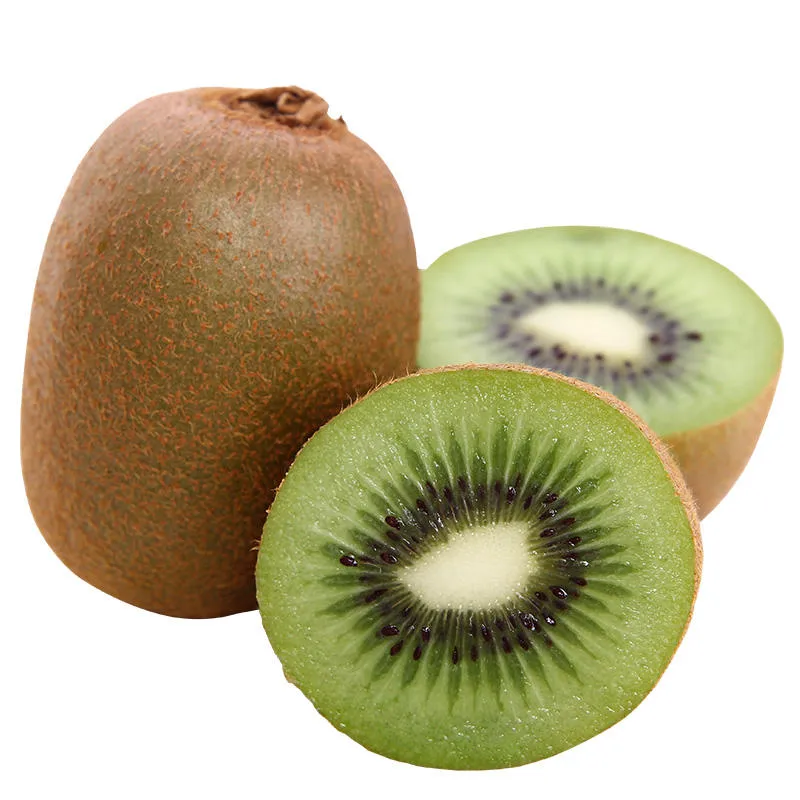
Kiwi fruit contains several compounds beneficial for maintaining healthy eyes. The presence of lutein and zeaxanthin, along with vitamin C and vitamin E, contribute to the prevention of age-related macular degeneration and cataracts. Including kiwi fruit in your diet can help support long-term eye health.
3. Skin Health:
The antioxidants found in kiwi fruit, particularly vitamin C, play a crucial role in promoting healthy skin. Vitamin C aids in collagen production, which helps maintain the skin’s elasticity and firmness. Additionally, the various antioxidants in kiwi fruit help protect the skin against free radicals, preventing premature aging and maintaining a vibrant complexion.
4. Blood Sugar Control:
Although kiwi fruit has a moderate glycemic index, its high fiber content helps regulate blood sugar levels, making it a suitable fruit for individuals with prediabetes or diabetes. The fiber slows down the digestion and absorption of sugars, preventing sudden spikes and crashes in blood sugar levels.
5. Incorporating Kiwi Fruit into Your Diet:
Kiwi fruit can be enjoyed in various ways, allowing for versatility in your diet. Consider the following ideas to incorporate this delicious fruit into your meals:
a. Fresh and Raw: Enjoy kiwi fruit as a snack by simply peeling and slicing it, or by scooping out the flesh with a spoon. Its natural sweetness and zesty flavor make it a tasty treat on its own.
b. Smoothies and Juices: Blend kiwi fruit with other fruits and vegetables to create refreshing smoothies or juices. It pairs well with berries, bananas, spinach, or kale, providing an additional nutritional boost.
c. Salads: Add kiwi fruit slices to your favorite salads for a burst of flavor and an eye-catching appearance. It complements both sweet and savory salads, bringing a unique twist to your meal.
d. Desserts: Use kiwi fruit as a topping for yogurt, ice cream, or fruit salads. It can also be incorporated into pies, tarts, or fruit compotes.
Kiwi fruit consumption offers numerous advantages, from its nutrient-rich composition to its potential benefits for heart health, digestion, and immune function. By selecting high-quality fruits and consuming them in moderation, you can enjoy the unique taste and reap the rewards that kiwi fruit has to offer.
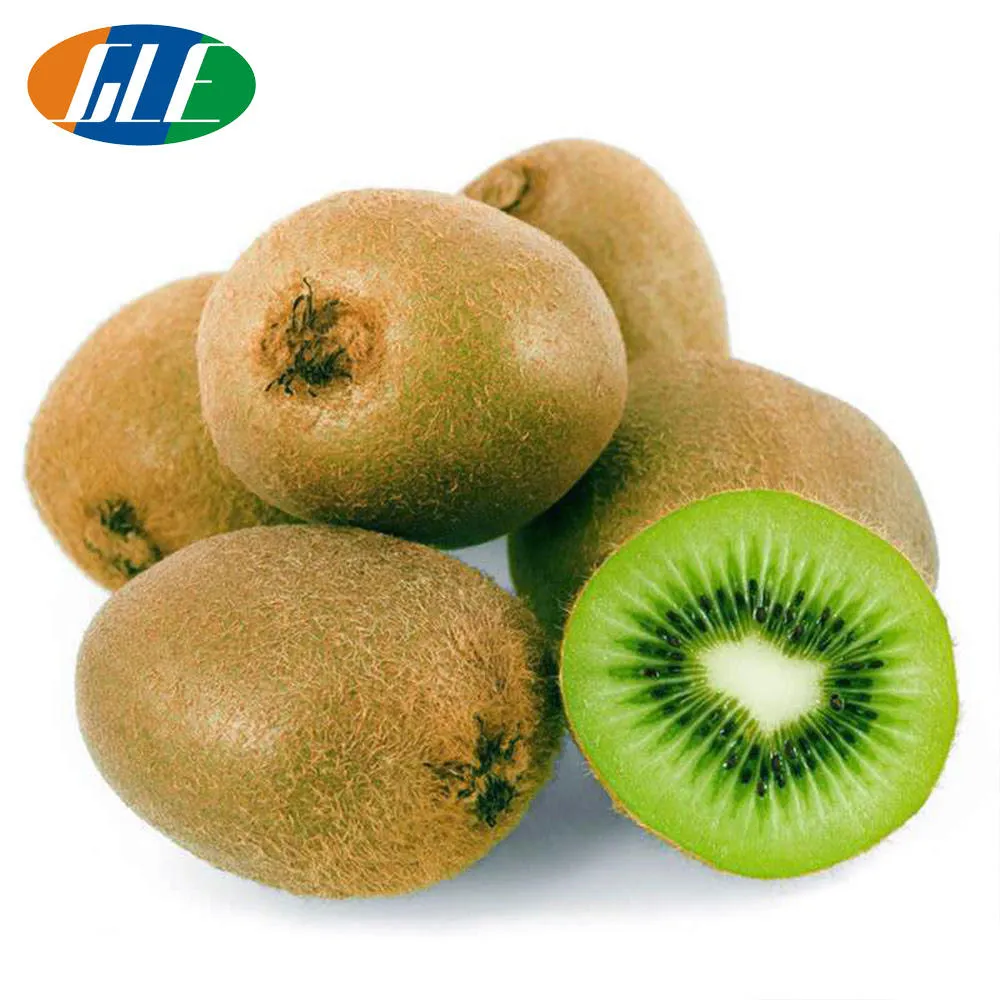
Remember that individual responses to kiwi fruit consumption may vary, and it is always advisable to consult a healthcare professional if you have any concerns or specific dietary restrictions. Embrace the goodness of kiwi fruit and explore the various ways to incorporate it into your diet for a flavorful and nutritious culinary experience.

